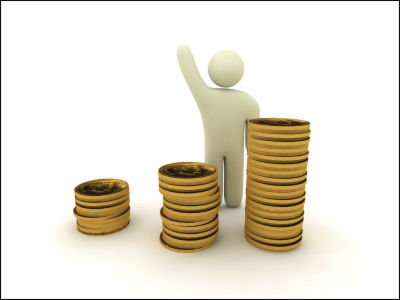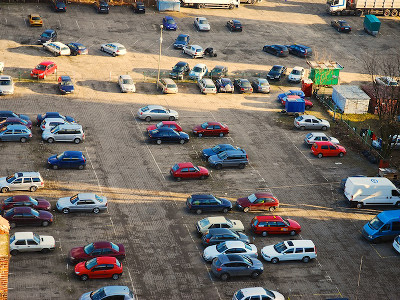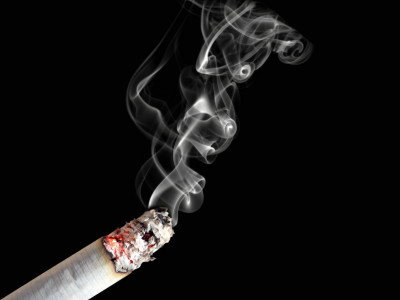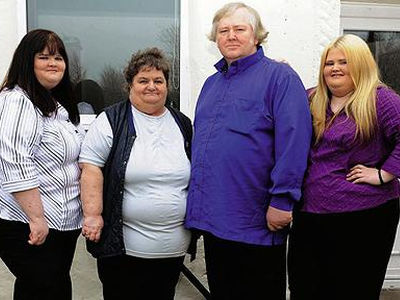A list of things that cost you more if you're poor

People who can't afford it have to save money when they buy things. It often happens. Craig Landes, a business writer living in the United States, has compiled a list of these ``compensations for being poor in the United States.''
The Cost of Being Poor: Why It Costs So Much to Be Poor in America
Mr. Landes classified ``the poorer the more expensive'' into the following eight categories.
◆ 1: Housing
If you can buy a house with a mortgage, the monthly payments will be your own property, so it is more advantageous than renting a house, but if you are poor, owning a house will be expensive. The reasons for this can be broadly divided into two points: 'The lower the income, the higher the interest rate on the loan' and 'The house bought on a low budget is in poor condition, so maintenance costs are high.'
As a result, many low-income people do not own their own homes. Between 2010 and 2017, the home ownership rate of households with an annual income of $ 30,000 (about 3.95 million yen) was 36%. So the remaining 64% had to choose between renting or becoming homeless.
However, it is not easy for low-income people to live on rent. In Albuquerque, New Mexico, where Mr. Landes lives, the rent for a one-room apartment is $ 595 (about 78,000 yen), but you have to pay $ 1,800 (about 238,000 yen) as a prepaid rent and security deposit. matter. If your income is unstable and your credit is low, your security deposit amount will skyrocket.
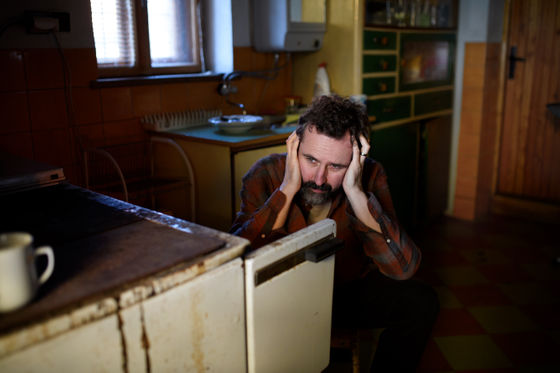
◆2: Food
The cost of food also increases, but there are many reasons involved. One of them is access to cheap big-box stores. Low-income people do not have the means of transportation to go to large stores, so they have no choice but to buy expensive things at nearby convenience stores or eat fast food.
For example, according to a price survey conducted in Minnesota, 16 ounces (2 cups) of white rice was $1.35 (about 178 yen) when purchased at a large store, while it was $2.02 (about 266 yen) at a small store. ), and it was 50% more expensive.
In addition, food expenses increase because you can't buy in bulk, or because you don't have a proper kitchen at home and you have to eat out.
3: Transportation
Means of transportation such as commuting to work, picking up children, and shopping are indispensable for daily life, but low-income people cannot afford to buy their own car. Also, public transportation is limited in the United States, so people who cannot afford to buy a car and cannot access public transportation will have to rely on taxis and Uber, which is expensive.
Even if they force themselves to buy a private car, low-income people will have to buy a used car that has high car loan interest rates, poor fuel efficiency, and high maintenance costs. In other words, the poorer the person, the higher the maintenance cost of the car.
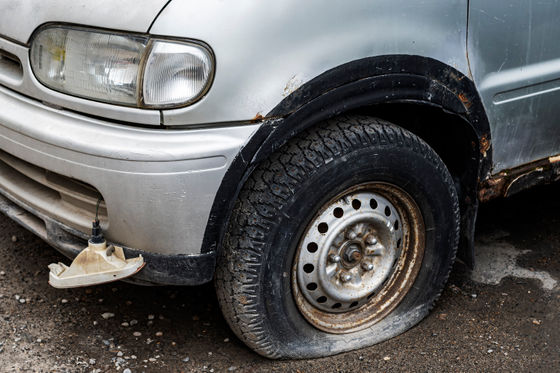
4: Health
It is not hard to imagine that being poor leads to poor health. Poor neighborhoods are filthy with bad air, and cheap apartments are moldy and dusty. Low-income people are also more likely to be unable to eat healthy and have to work in stressful or dangerous jobs.
Since Japan has a universal health insurance system, basically almost everyone has health insurance, but that is not the case in the United States. is also inadequately protected.
In addition, low-income people have limited access to preventive health care. A typical example is dentistry, where a standard dental checkup and cleaning costs $150 to $300 (about ¥20,000 to ¥40,000). Yen), you will have to pay up to $ 1000 (about 130,000 yen) for 'root canal treatment' to cure the root of the tooth.
◆ 5: Financial services
We mentioned earlier that low-income people struggle with mortgages and car loans, but this also applies to all loans and card cash advances. Especially if you end up in debt due to unexpected expenses, the interest will weigh heavily on you later on.
◆ 6: Childcare
If you don't have enough money to pay for childcare for a small child, one of your parents will have to quit your job, further reducing household income. If this is a single-parent household, they will be dependent on public assistance and may miss out on career opportunities.
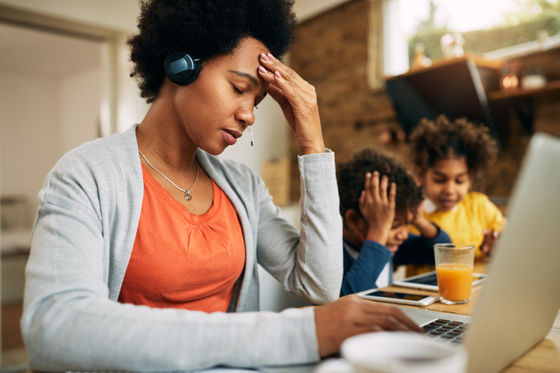
7: Communication cost
The Internet has become a necessity in modern society, and it is difficult to find a job without e-mail and telephone. High-income earners have a wide variety of smartphone models and communication plans, and can equip their homes with broadband lines and Wi-Fi routers. and may have to communicate with mobile data. Also, if you enter a coffee shop just to use Wi-Fi, the drink fee will be recorded as a communication fee.
8: Tax
We often hear that wealthy people pay higher income tax, but income tax is not the only tax. Considering local taxes and consumption taxes, the poor end up paying the most taxes. For example, in 10 states in the United States, the tax burden on low-income earners is six times that of the wealthy. We also know that 45 out of 50 states have more income inequality after paying taxes than before.
Related Posts:
in Note, Posted by log1l_ks
